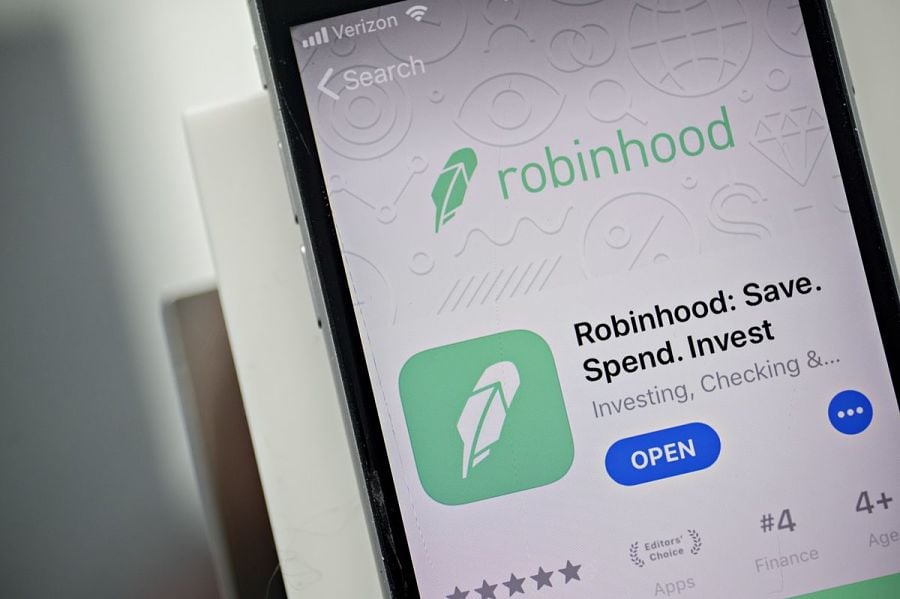

Robinhood Markets Inc. has raised fresh funding as more first-time investors sign onto the app’s simple mobile interface to trade stocks. The latest cash influx of $320 million brings the company’s most recent funding round to $600 million and values the startup at $8.6 billion.
Robinhood’s climbing price tag makes the fee-free trading app one of the most valuable startups in the country. Its small army of inexperienced traders have also become an at-times unpredictable force on Wall Street. In May, the company had already added more than three million new accounts over the course of the year, it said in a blog post, and added that half of its new customers were first-time investors.
The new funding announcement comes as Robinhood faces criticism for enabling people to make risky bets on the market. Last month, a 20-year-old Robinhood user killed himself after his account temporarily showed a negative balance of more than $700,000. After the man’s death, Robinhood said it would change its options trading platform to offer more education and made a $250,000 donation to the American Foundation for Suicide Prevention.
Existing investor Sequoia Capital led the first part of the funding round in May, joined by investors including Ribbit Capital and Unusual Ventures. On Monday, Robinhood said it had raised the additional $320 million in the round from investors including IVP and private equity firm TSG Consumer Partners. Robinhood plans to use the money to hire more employees, build new products and improve operations, it said in the blog post.
“Robinhood has made the financial markets accessible to the masses, and in turn, revolutionized the decades-old brokerage industry,” Sequoia Capital partner Andrew Reed said in a statement.

The looming threat of federal funding cuts to state and local governments has lawmakers weighing a levy that was phased out in 1981.

The fintech firms' new tools and integrations address pain points in overseeing investment lineups, account monitoring, and more.

Canadian stocks are on a roll in 2025 as the country prepares to name a new Prime Minister.

Carson is expanding one of its relationships in Florida while Lido Advisors adds an $870 million practice in Silicon Valley.

The approval of the pay proposal, which handsomely compensates its CEO and president, bolsters claims that big payouts are a must in the war to retain leadership.
RIAs face rising regulatory pressure in 2025. Forward-looking firms are responding with embedded technology, not more paperwork.
As inheritances are set to reshape client portfolios and next-gen heirs demand digital-first experiences, firms are retooling their wealth tech stacks and succession models in real time.
